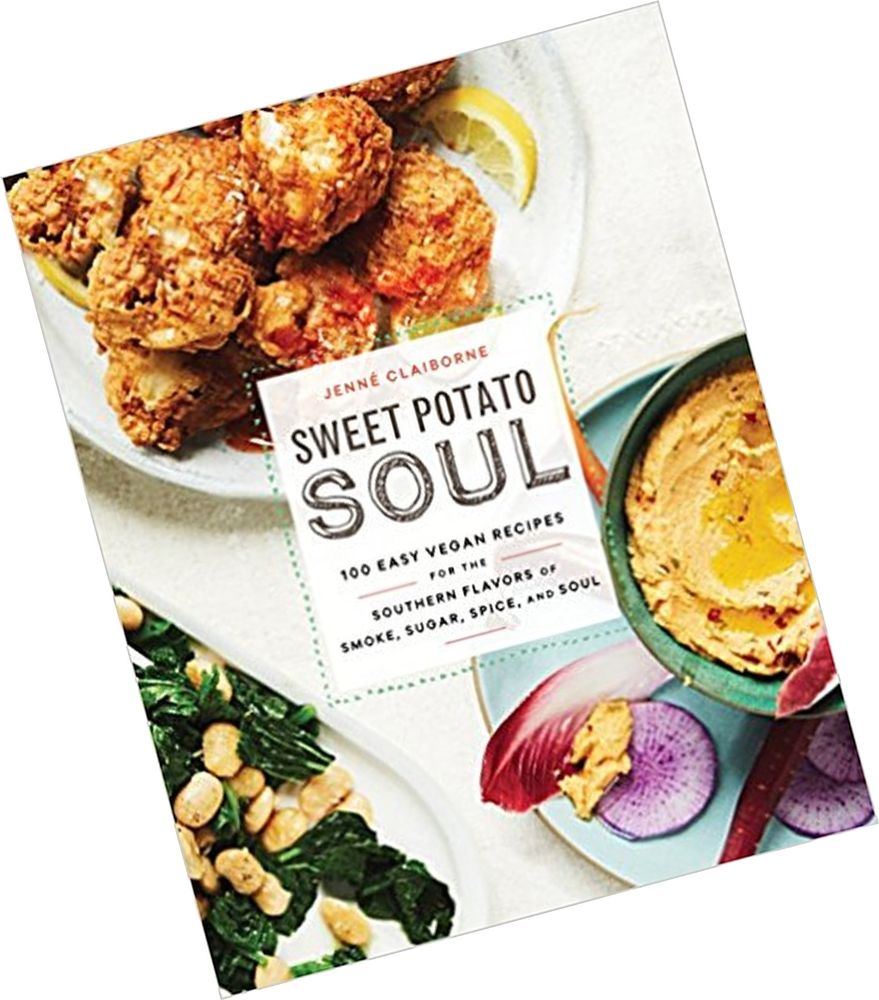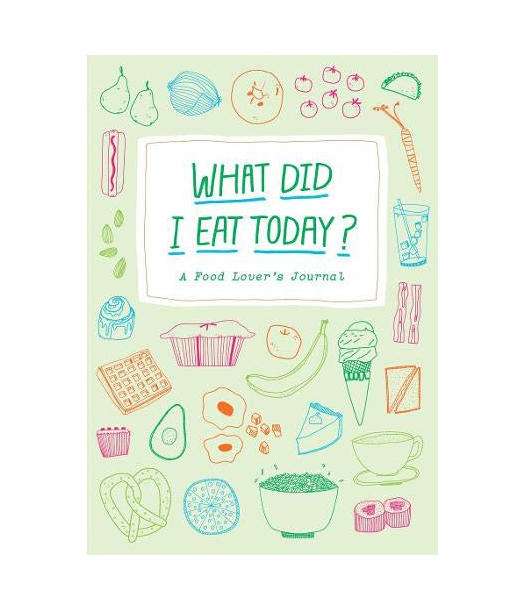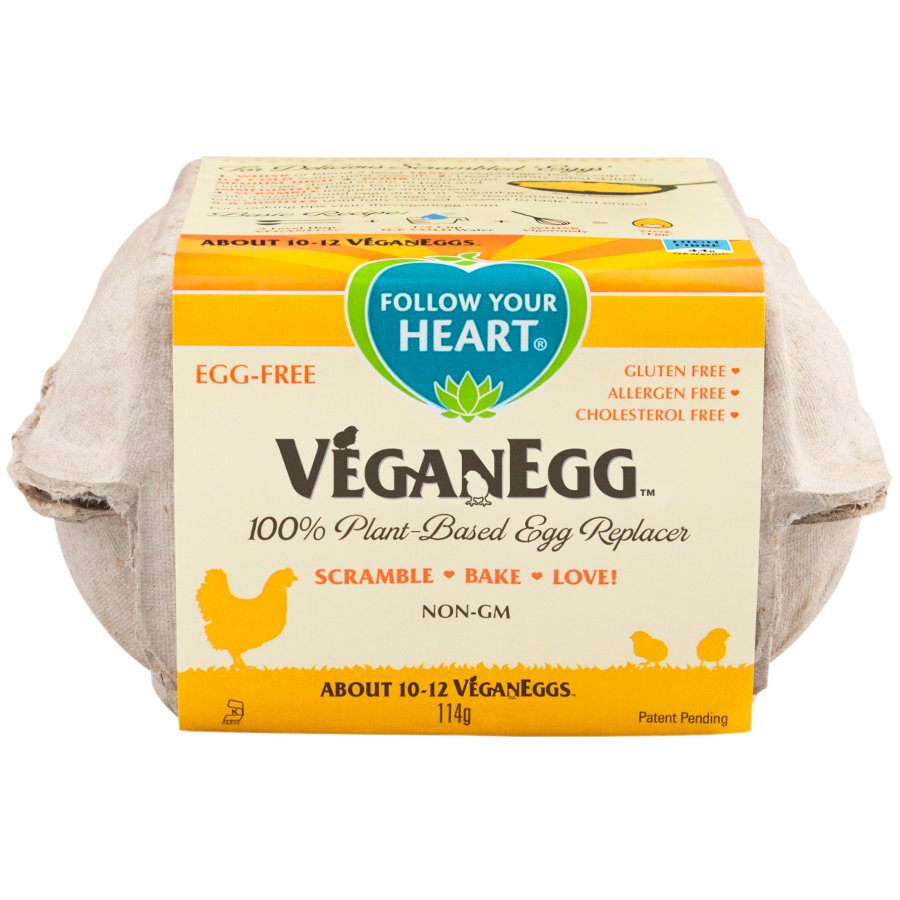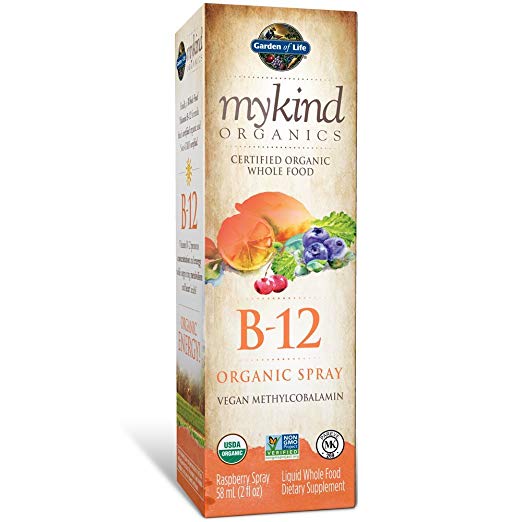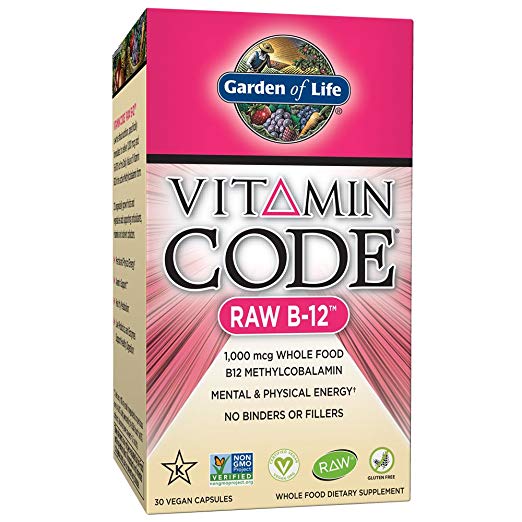What You Need to Know About Going Vegan

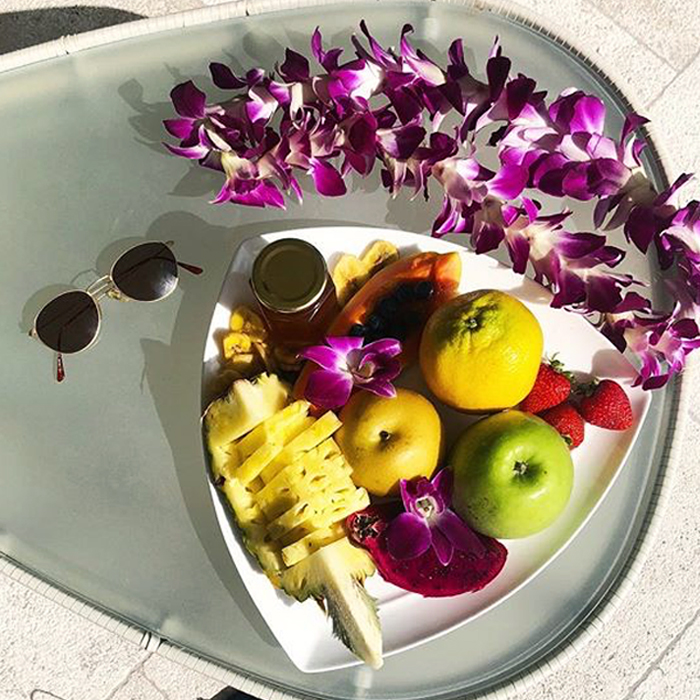
So you're doing this vegan thing. Cool! Me, too. For about three years now. Welcome, friend. It can be tough at first to go from the land of milk, burgers, and convenience to the land of açaí bowls, cauliflower wings, and judgment, but after a while, you're gonna love it here. I promise.
There's no doubt about it, though. Adopting a vegan lifestyle is challenging, especially in the beginning. "Eliminating all animal sources of food from your diet requires more than just discipline," says plant-based personal chef and author Angelique Santana, founder of Eat With Angelique. It's not like other "diets," after all. It really is a lifestyle that comes with a certain ethical responsibility as well as benefits to your health. There's a lot at stake.
We're here to make your journey to becoming vegan a successful and long-term one. To offer the easiest and most effective advice possible, we tapped Santana as well as a trusted dietitian with lots of experience helping people transition to plant-based living. They put together this simple, digestible guide to going vegan once and for all. Keep scrolling for their five key tips.
1. Know your why.
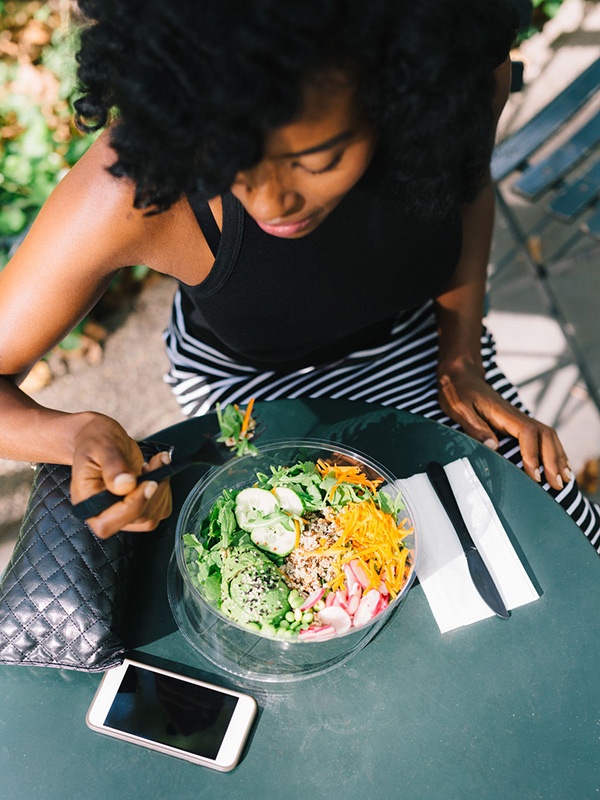
"Know your motivation and rationality for becoming vegan," advises Divya L. Selvakumar, Ph.D., MPH, a registered dietitian and nutrition professor. Understanding what personally motivates you—be it health, the environment, animal rights, the economy, or all of the above—will become useful when friends, family, and co-workers inevitably confront your choice. "However, in response, do not be confrontational, but be brief in your explanation, citing health, protecting animals, etc. As long as you are true and humble to yourself, this is what matters the most," says Selvakumar.
2. Start slow and be patient with yourself.
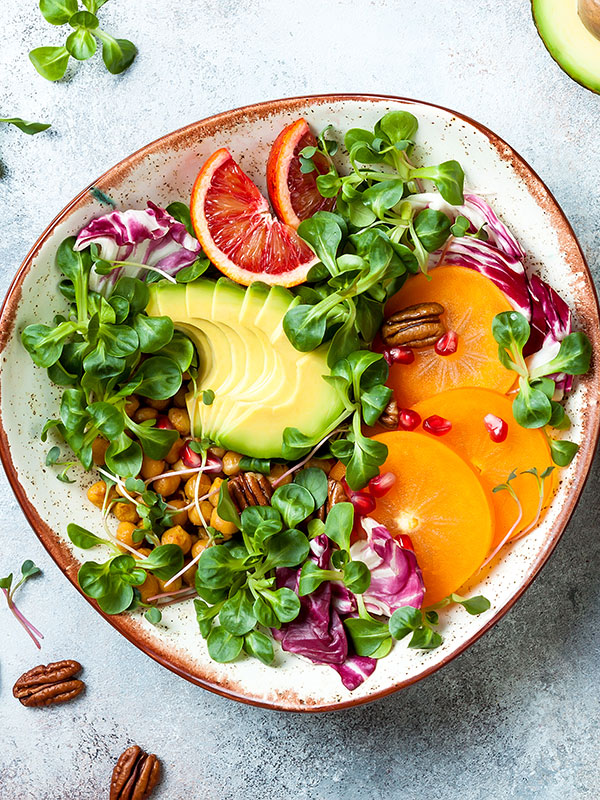
You don't have to be a perfect vegan overnight to get into this new lifestyle. (In fact, that never happens, even with people who seem perfect.) "Take your time. You do not have to make dramatic changes all at once," says Santana, who suggests beginning to replace items in your home as you use them up with vegan alternatives (oat milk for cow milk, plant-based cheese for Kraft singles, veggie burgers, nutritional yeast, etc).
Adopting a vegan lifestyle is not easy, so for long-term success, it's important to ease yourself into it. "Instead of drastically cutting out all animal products, a person should give himself or herself some time to gradually cut back," agrees Selvakumar. For instance, for the first week or two, see how it feels to try eating a vegan breakfast and lunch and reserving your meat and dairy consumption for dinnertime only. Or try only eating animal products on the weekends and plant-based products during the week. "Any difficulties or issues should be identified, and each person will have a different timetable," says Selvakumar.
If you slip up for whatever reason, don't beat yourself up or throw in the towel. I remember early on in my vegan journey, I found out the sandwich bread I'd been making toast with for weeks had whey in it, and it was so discouraging. There are plenty of non-vegan ingredients secretly hiding in foods, like the gelatin in jello and marshmallow. Experience (and a lot of googling) will eventually make avoiding these foods come second nature. Until then, be patient with yourself. As Santana says, "Don't be too hard on yourself if you 'cheat' or have a setback. Go back to your why and re-focus. Practicing forgiveness and gratitude is always a good idea."
3. Get used to making a lot of your own food.
To remove the stress of finding vegan-friendly options out of the house, start by making a lot of your own dishes. "Eat breakfast before you leave the house, pack lunch for work, and have dinner at home," Santana suggests. Bring your own food to parties to take the worry out of having nothing to eat or being a burden to the host. And also trust that your friends and family will come around (if they're not immediately supportive) and will eventually know to have vegan options available whenever you hang out.
As for eating out: "Look at the menu of the place you are going so you can plan ahead and even call if have to," says Santana. "Always ask for what you want. More times than not, they will accommodate you." (Personally, I promise this is true!) Also, download the Happy Cow app to find vegan and vegetarian options in your area.
4. Embrace trying new vegan proteins and other alternatives.
There are so many shockingly delicious vegan alternatives to meat and dairy; have fun experimenting with them and finding your favorites. "Open your mind toward trying something new," says Selvakumar. "The meat substitute companies that are well known are Beyond Meat and Impossible Foods. Well-known dairy substitute companies are Follow Your Heart and Daiya, which have excellent choices of cheese, yogurt, and the like."
Try making your favorite non-vegan dishes with these substitutes, and add lots of yummy spices, which are normally what make food (vegan or not) taste so good anyway. (Hot for Food is my favorite vegan recipe channel for vegan comfort food that doesn't taste "too vegan" or healthy.)
Other plant-based sources of protein to work into your rotation include seitan, tempeh, beans, lentils, nuts, tofu, and quinoa. Almond milk, coconut milk, oat milk, flax milk, and soy milk (and ice cream, yogurt, etc.) are great dairy alternatives.
Though if you're worried about getting enough protein, know that our bodies don't actually require as much as many people think: All you need is 0.8 grams of protein per kilogram of your body weight a day. So for me, a 115-pound woman, that's about 41 grams, which I usually get by lunchtime without even trying.
5. Work supplements into your diet.
"Most vegans need a B12 supplement because we do not eat animal products and you cannot get B12 from plants," says Santana. Definitely consult with your general physician before supplementing, but know you'll probably need to add at least B12 (which you can also get in various fortified foods, like cereals or plant milk, or in injection form). "Vitamin B12 is very important for red blood cell function," says Selvakumar.
6. Surround yourself with support and resources.

Going vegan can be a lonely experience, especially if it's not common in your family, friend group, or hometown. So Santana and Selvakumar suggest finding a support group for vegans, either in person or online. "Many people who are entering the vegan lifestyle may find themselves getting discouraged. Using social media and joining vegan clubs promoting a vegan lifestyle, cooking, etc., can be a great way to meet new and long-term vegans," says Selvakumar, who suggests the following resources for vegans:
1. Vegetarian Resource Group (both vegan and vegetarian)
3. Vegan RD
Good luck out there, have fun, and don't give up!
This post was published at an earlier date and has since been updated by Sarah Yang.
Next up: How Eating a Plant-Based Diet Changed My Relationship With Food
Disclaimer
This article is provided for informational purposes only and is not intended to be used in the place of advice of your physician or other medical professionals. You should always consult with your doctor or healthcare provider first with any health-related questions.

Tie among Linda Rodin, Hari Nef, and David Bowie.
Who are your 5 favorite people to follow on Instagram?@petracollins @katiejanehughes @alwaysjudging @bonnyrebecca @hotdudesreading
What's the beauty essential you can’t live without?If I have some brow gel and Sisley's Phyto-Lip Twist, I'm good to go forever.
What's your desert island album?Death Cab for Cutie's Transatlanticism
What's your favorite Byrdie.com story?Game of Thrones's Nathalie Emmanuel looks so achingly beautiful in our feature with her that I think it's gonna have to be that!
